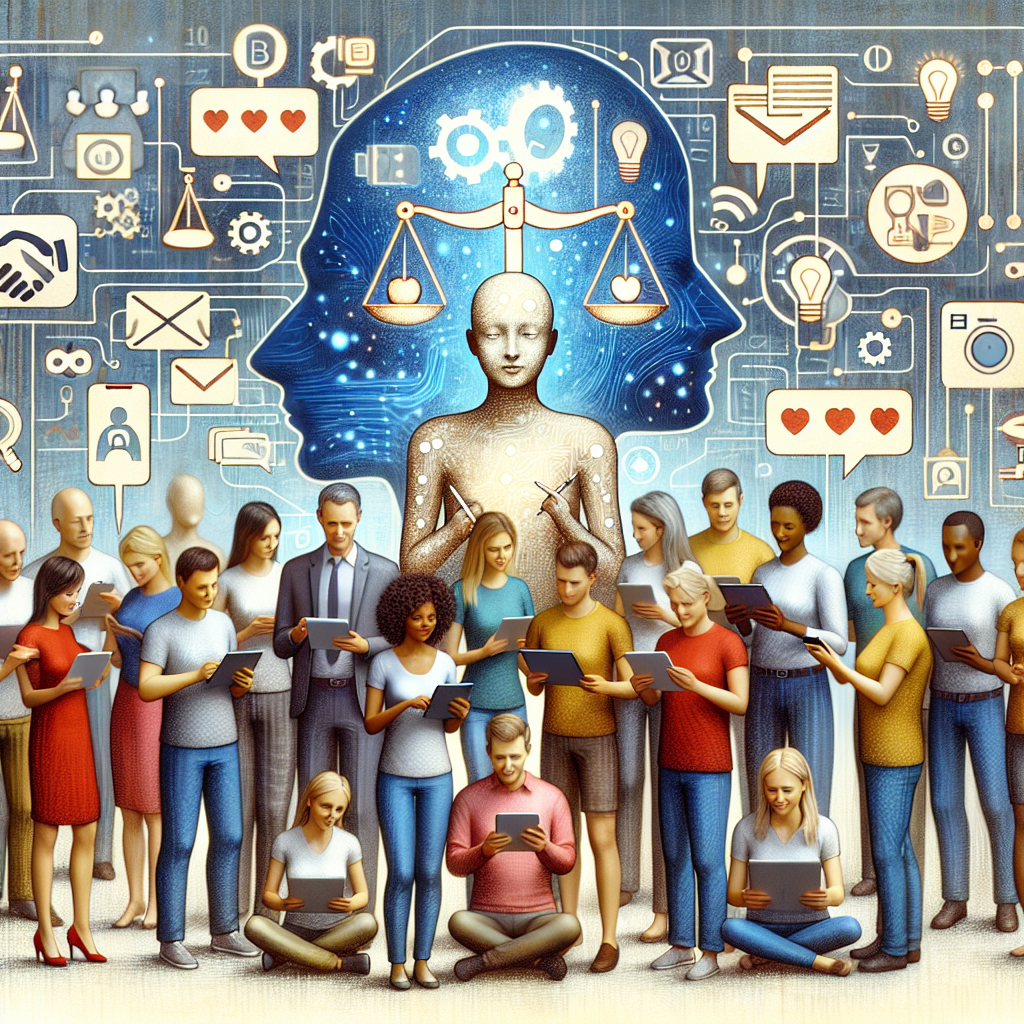In a significant statement reflecting the shifting dynamics of technology’s global influence, Sam Altman, CEO of OpenAI, has suggested that India could soon outstrip other nations to become the largest market for its advanced AI models, specifically the anticipated GPT-5. “India may become our largest market,” Altman mentioned during a recent interview, underscoring the immense potential he sees in the region’s burgeoning tech landscape and its rapidly digitizing economy.
The statement was highlighted amidst discussions of OpenAI’s strategic plans for international expansion and market penetration, particularly in countries that are currently experiencing robust digital growth. According to the report first published on Startup News FYI, OpenAI is poised to not only extend its technological reach but also to adapt its models to be more inclusive of diverse linguistic and cultural contexts, a move that indicates a deep commitment to global accessibility.
India, with its vast population exceeding 1.4 billion, presents a particularly fertile ground for AI technology, thanks partly to its large English-speaking populace and significant investments in digital infrastructure. The Indian government’s ongoing efforts to enhance connectivity and tech education have broadly expanded the audience capable of interacting with and benefiting from AI technologies, making it an attractive market for AI firms like OpenAI.
The use of AI in India spans numerous sectors including healthcare, agriculture, and education, where it has the potential to address age-old issues like access to quality medical diagnosis, crop yield prediction, and personalized learning. Moreover, India’s thriving startup ecosystem, which is often hailed as one of the world’s most vibrant, also offers numerous collaboration and growth opportunities for AI innovations.
However, the enthusiasm about AI’s role in economic growth is met with equal measures of caution about privacy, data security, and the ethical use of AI. Critics argue that without stringent regulations and clear guidelines, the increased adoption of AI could exacerbate issues like surveillance and data misuse. This concern is particularly relevant in light of recent data protection laws in India which aim to tighten controls around personal data and its usage.
Altman’s comments come at a time when AI companies are increasingly looking to tap into emerging markets to expand their user base and test new applications. By tailoring their technologies to address local challenges and needs, companies like OpenAI can not only enhance their market share but also contribute to significant socio-economic advancements.
The implications of a successful expansion into India by OpenAI could set a precedent for other tech companies, highlighting the importance of localized and culturally nuanced approaches in the global deployment of technology. It could also stimulate further investment in AI research and development within India, potentially leading to groundbreaking innovations that could benefit both the country and the global community.
As India continues to establish itself as a key player on the global tech stage, collaborations like these could be pivotal in shaping the landscape of AI accessibility and innovation. OpenAI’s focus on India is a testament to the country’s growing prominence and its potential to influence global technology trends.



